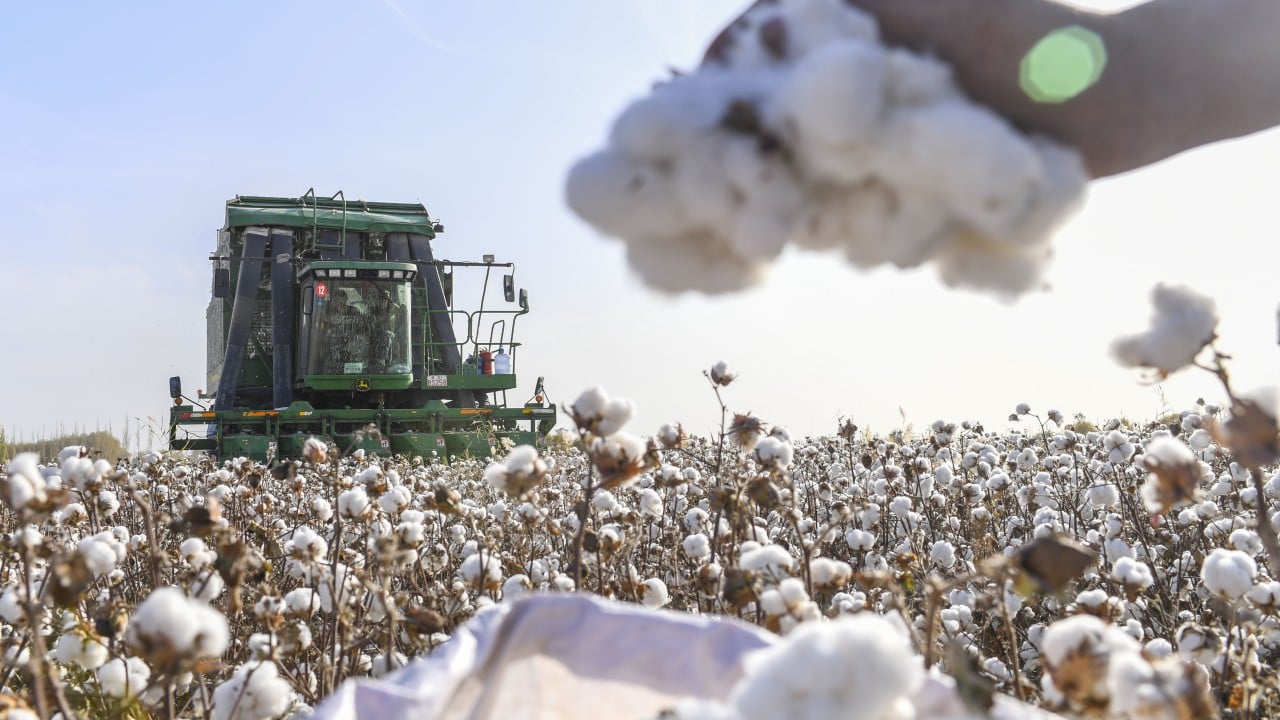Published: 2:00pm, 27 Sep 2024Updated: 2:27pm, 27 Sep 2024
Europe’s business leaders are warning that a raft of incoming EU legislation will put companies on a direct collision course with laws in China, which could lead to partial “decoupling” of some supply chains.
Advertisement
One of the laws bans products made using forced labour and another requires big firms to conduct human rights and environmental audits of their overseas suppliers. Both have been adopted by the EU but will take effect in 2027 after a three-year grace period.
Businesses will be required to prove their suppliers are in line with EU environmental and social standards, and also that there is no forced labour in their supply chains. Companies fear the new rules will put them in the cross hairs of Chinese authorities.
The EU Chamber of Commerce in China pointed to the example of US fashion giant PVH Group, which was this week subject to a commerce ministry investigation for “unreasonably boycotting Xinjiang cotton and other products without factual basis”.
Advertisement
While the ministry did not specify what PVH is accused of doing, it is thought to be related to its historical compliance with US rules outlawing the sale of cotton from Xinjiang because of concerns over forced labour.

